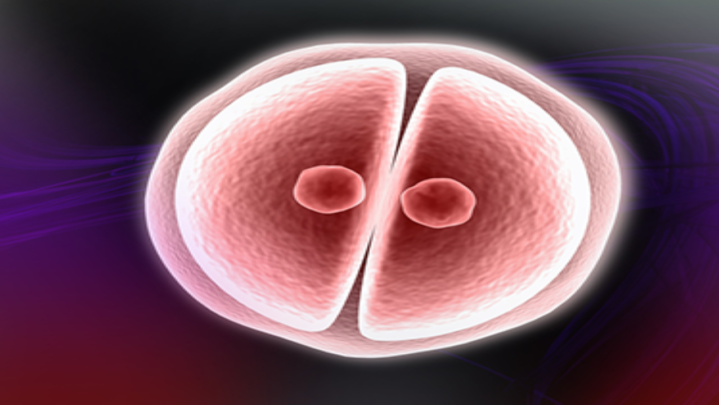The fertilized egg or fertilized ovum which occurs after the sperm cell connects with an egg cell is known as a zygote. The zygote starts with a single cell but eventually, it divides rapidly after the days of fertilization.
There are 46 chromosomes in the single cell of the zygote, 23 chromosomes come from the sperm, and the other 23 from the egg. The zygote stage lasts for four days but it is brief and on the fifth day the mass of cells is known as a blastocyst.
The reproduction process takes place when a single sperm cell penetrates the outer surface of an egg which is known as fertilization.
In this process, the single egg cell is released from the follicle into the fallopian tube during ovulation and the sperms present will try to penetrate the single egg cell. When a sperm successfully penetrates through the egg cell, then various chemical changes occur and prevent the other sperm cells from entering which further forms a zygote.
The zygote undergoes a process where the cells divide and each cell doubles. This process is known as mitosis. It is a two-week stage which is often known as the germinal period and it takes place from fertilization till the implantation of the blastocyst in the uterus.
Since the sperm and egg cell contains half paternal genetic information and half maternal genetic information each cell is known as the haploid. When the two haploid cells join they form a diploid cell which has all the required chromosomes.
The zygote then travels from the fallopian tube to the uterus while cells divide rapidly to form a blastocyst which then implants in the uterus and grows.
Keep reading SuccessYeti.com





